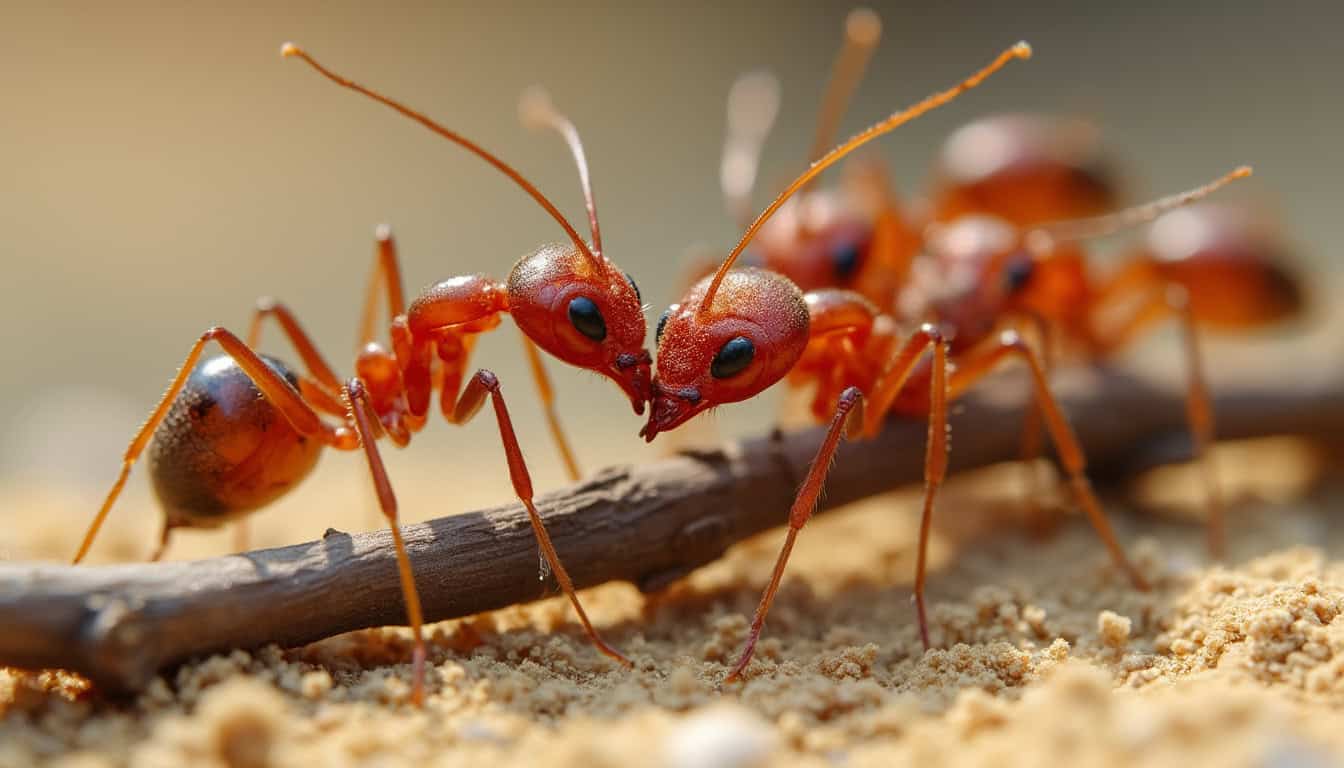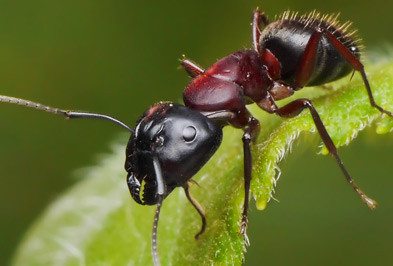Ecological Influence of Insect Control: Balancing Effectiveness With Sustainability
The environmental effect of pest control is a vital problem that needs a delicate balance between attaining performance in ensuring and handling pests sustainability of our ecosystems. From the use of harmful chemicals that permeate right into our soil and water to the unplanned effects on non-target types, the consequences of standard insect control techniques are far-reaching.
Damaging Chemicals in Bug Control
The use of harmful chemicals in parasite control poses considerable ecological and wellness risks that warrant mindful consideration and mitigation approaches. Pesticides, herbicides, and insecticides are generally utilized to eliminate parasites, however their widespread application can result in unplanned repercussions. These chemicals can infect soil, water sources, and the air, influencing not only the targeted parasites but additionally beneficial insects, wild animals, and human beings.

To address these dangers, incorporated insect administration (IPM) methods are being promoted as an extra sustainable alternative. IPM entails a mix of techniques such as organic control, environment manipulation, and the targeted use of pesticides as a last option (ant control pineville nc). By taking on a holistic method to pest control, we can minimize the ecological and health influences related to harmful chemicals while effectively managing pest populaces
Impact on Non-Target Species
Taking into consideration the unplanned effects of insect control techniques, the influence on non-target types is a crucial facet that needs thorough analysis. While pest control steps aim to target certain insects, various other microorganisms in the ecosystem may be unintentionally affected. Non-target species, including valuable insects, birds, creatures, and even plants, can endure indirect or direct damage from pesticide applications or biological control techniques.
Chemicals can have deadly or sub-lethal impacts on non-target varieties. Pesticides designed to deal with a particular insect bug may damage pollinators like bees or all-natural killers such as ladybugs. Furthermore, chemical residues can gather in the environment, influencing non-target microorganisms in time. In a similar way, biological control agents, otherwise species-specific, can position dangers to unplanned targets, disrupting the eco-friendly equilibrium.
To minimize the influence on non-target varieties, integrated bug administration (IPM) techniques that stress a holistic approach to pest control are advised. These methods focus on making use of ecologically pleasant practices, reducing damage to valuable organisms while effectively taking care of pest populaces. Conducting thorough danger evaluations and keeping an eye on the end results of insect control efforts are important action in protecting non-target varieties and promoting overall environment health and wellness.
Dirt and Water Contamination
Unexpected ecological repercussions of parasite control approaches prolong beyond influencing non-target types, with significant implications for dirt and water contamination - ant control services. Pesticides, herbicides, and chemical plant foods used in pest control can seep into the dirt and infect groundwater, posturing a danger to both earthbound and marine ecological communities.
Water contamination is another vital concern connected with insect control practices. To alleviate dirt and water contamination from insect control tasks, incorporated pest monitoring methods that focus on sustainability and reduce chemical inputs are vital.
Air Contamination From Pesticide Use
Direct exposure to air-borne pesticides during farming applications postures a substantial concern for air pollution control steps. Additionally, pesticide drift, where pesticides are carried by the wind to unplanned locations, can lead to the contamination of nearby ecosystems and water bodies.

Strategies for Sustainable Pest Control
In the realm of agricultural techniques, applying lasting insect control techniques is vital for keeping ecological equilibrium and protecting plant returns. Sustainable parasite control emphasizes making use of eco-friendly approaches to manage insect populations efficiently while reducing injury to non-target organisms and environments. Integrated Insect Administration (IPM) is a widely embraced method that combines biological, cultural, physical, and chemical control approaches to attain long-lasting insect management solutions.
One secret strategy in lasting insect control is promoting biodiversity within agroecosystems. By boosting all-natural adversaries of pests, such as parasitoids and killers, farmers can lower the requirement for synthetic chemicals. Plant rotation and diversity are additionally efficient strategies to interfere with pest life process and produce less favorable problems for bugs to flourish. In addition, using pest-resistant plant varieties and using techniques like trap cropping can help minimize parasite pressure without counting heavily on chemical interventions. Eventually, by incorporating these sustainable bug control strategies, farmers can accomplish an equilibrium between pest administration efficiency and environmental stewardship.
Conclusion
To conclude, the environmental effect of pest control techniques need to be thoroughly taken into consideration to balance effectiveness with sustainability. Damaging chemicals used in parasite control can result in soil and water contamination, air pollution, and injury non-target species - termite control services. It is essential to carry out sustainable insect control methods to lessen these adverse impacts on the atmosphere and promote a much healthier ecosystem for future generations
By taking on an alternative strategy to pest control, we can reduce the ecological and health effects associated with damaging chemicals while effectively taking care of pest populations.

To minimize the air pollution caused by chemical usage, it is essential to adopt integrated insect monitoring strategies that focus on the use of non-chemical pest control methods, such as plant rotation, natural killers, and immune crop varieties. Lasting parasite control stresses the use of environmentally friendly methods to take care of bug populaces efficiently while reducing harm to non-target microorganisms and ecological communities. Integrated Parasite Administration (IPM) is a widely taken on method that integrates organic, cultural, physical, and chemical control approaches to attain long-term bug management services.
Comments on “Advanced Termite Control: Proven Approaches for Removing Termite Infestations”